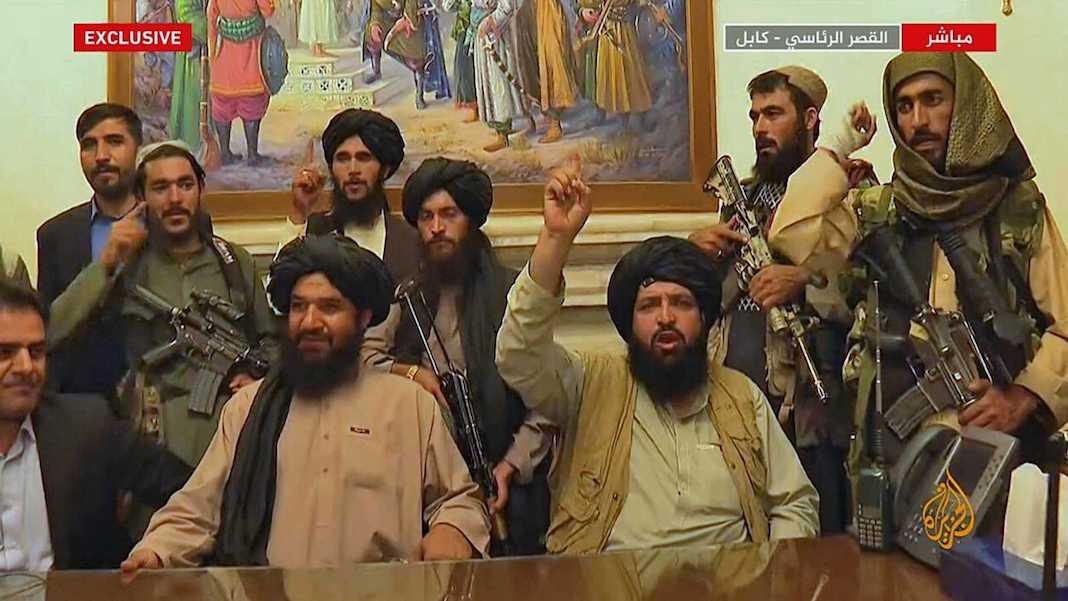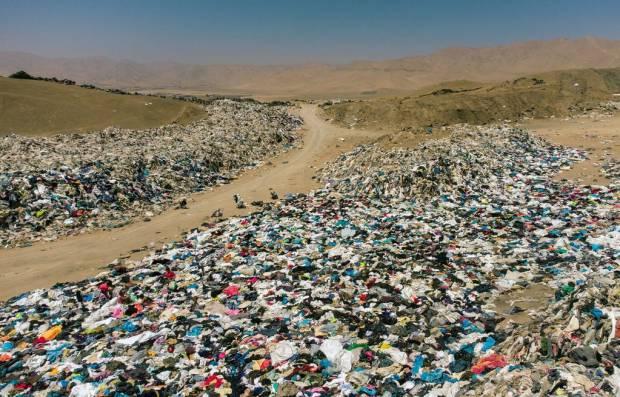A little over a century ago, George Bernard Shaw defined history as what every Englishman should learn and every Irishman should forget. He was talking about a long, seemingly intractable imperial conflict, rife with envoys sure they had "the" solution and medal-strewn generals who understood it as killing the rebels and co-opting the rest. The Irish conflict was resolved by making the islanders "democratic", Anglicans if possible, and loyal subjects. This is how it was for these strategists, as it was and continues to be for those who thought this way about the Afghans, a people who seem to have built their national identity with a weapon in hand and who has just destroyed another empire.
This US withdrawal is the third international humiliation the Afghans have handed out to a superpower. The last foreigner to dominate the country, even for a while, was Alexander the Great, some millennium ago. They all tried it, the Persians and the Mughals, the Tsars and the Turks, and it was the same for all of them. The English invaded in the time of the Raj, when it was the United States of the Victorian era, to stop an entirely imaginary Russian danger. They were massacred and proudly invaded again, for the few days they needed to collect corpses, raise the flag and burn Kabul. The next time anyone saw a British uniform was in this early century, when the Royal Army sided with the Americans.
The current Afghan civil war began in 1978, when the country's first more or less legitimate president tried to shake off the powerful communist party. The president had dealt a blow to the king, who between 1933 and 1973 had piloted a miracle, forty years in peace. Five years after the coup, the local communists returned the courtesy with a most bloody coup: during the seizure of the palace, they killed him, his family, his guards, his ministers and everyone they found on the streets. hallways. The new government fell into immediate entropy, with factions killing each other and mass executions of political prisoners. When the chaos reached the point that it was known that 27,000 detainees had been shot in a single prison, the Soviets invaded, on December 24, 1979.
Special forces, in an action still taught in Russian military schools, seized the palace, killing 200 troops and the president. With a new, more trusted leader in power, the Soviets began to reorganize the Afghan army, redeployed their troops, and launched a counterinsurgency war against virtually the entire country. The factions were regional, political, or simply loyal to this or that warlord, and were collectively known as the Mujahideen. The United States began to send weapons, Pakistan to provide shelter and training, and the Arab petrodollar powers financed the war.

The Soviets showed more sanity than their rivals in Washington, because instead of twenty years they stayed ten. They withdrew with a parade of armored vehicles on the Friendship Bridge, the same one where at this very moment there is a river of fleeing refugees. The regime they left behind managed to survive three years and actually managed to build a very efficient army. The collapse followed that of the USSR in 1991 and the defection of a general with ambitions of his own in 1992. After a bloody civil war, the factions accepted Pakistani mediation and created the Islamic State of Afghanistan, a prodigy of instability.
Iran, the Saudis, the Pakistanis, and by intervening person as many powers as you can think of, had their favorite faction and sought to "stay" with Afghanistan. Politics were carried out with bullets, public funds disappeared in real time and the majority of the population did not even take notice of a government that was barely worth in the distant and bombed capital. Out of this chaos, and specifically from the southern region, the poorest and most lawless, emerged in 1994 a small group of puritans who called themselves the Taliban. Two years of heavy fighting followed, including the demolition of much of Kabul by cannon fire, until the Taliban entered the capital and proclaimed the Emirate of Afghanistan. They had won with Saudi funds and Pakistani weapons, letting others think they were going to be their puppets,
How to Create a Fish Using Keyboard Symbols https://t.co/vlhJ5dcysQ
— Ro Bot Sun May 20 03:43:43 +0000 2018
But there is more than foreign support behind the hardline Islamists' triumph. Afghanistan has a political system that respects the old Kenyan phrase, "now it's our turn to eat." Everyone who comes to power keeps everything and the idea that the national funds are not from the leader and his allies, but from the entire nation, is a somewhat abstract novelty. The Taliban offered more than honesty, purity, with all that this dangerous word implies when talking about religion. Ascetic with money, the new powerful banned everything that their version of Islam rejected: television, movies, music, photography, books that were not technical or commentaries on the Koran. They also forbade shaving, wearing western clothing, and being anything other than a wife locked up in the harem. Like so many puritanical groups, the Taliban could not conceive of a woman being outside the control of her father or her husband, speaking or deciding something.
And like so many puritanical groups, the Taliban did not make politics but created the divine kingdom on earth. Whoever opposed it, whoever did not show enthusiasm for building this utopia was a traitor, a sinner, a heretic. The Taliban set up a veritable archipelago of torture centers, shot thousands and made use of any woman they were interested in, because the reward for a jihadist is to have a harem...
But not the whole country was under their control, so the war continued, with foreign aid. Tens of thousands of Pakistani volunteers fought alongside the Taliban, as well as a true Muslim International under the banners of Isis and Al Qaeda, staunch allies.
These alliances proved dangerous. Al Qaeda organized the attack on the Twin Towers on September 11, 2001 from Afghan soil and in barely more than a month the United States was bombing the Taliban in support of the factions that continued to resist. On October 27 of that year, the first US troops disembarked, wearing what was basically a militia force with light weapons provided by Pakistan. Those who could, ran into the mountains and waited twenty years, rebuilding their arsenals and engaging in politics while Washington spent a fabulous fortune, lost thousands of soldiers, killed hundreds of thousands of Afghans, and thought it was building a democracy.
This illusion just fell in a matter of weeks, after it became clear that the Americans were really withdrawing. Now it remains to be seen if the Taliban learned something from their own history or all that they promised in the peace talks was what the diplomats wanted to hear and then we will see. The account can be made in the future by adding those shot and women returned to the Middle Ages.


